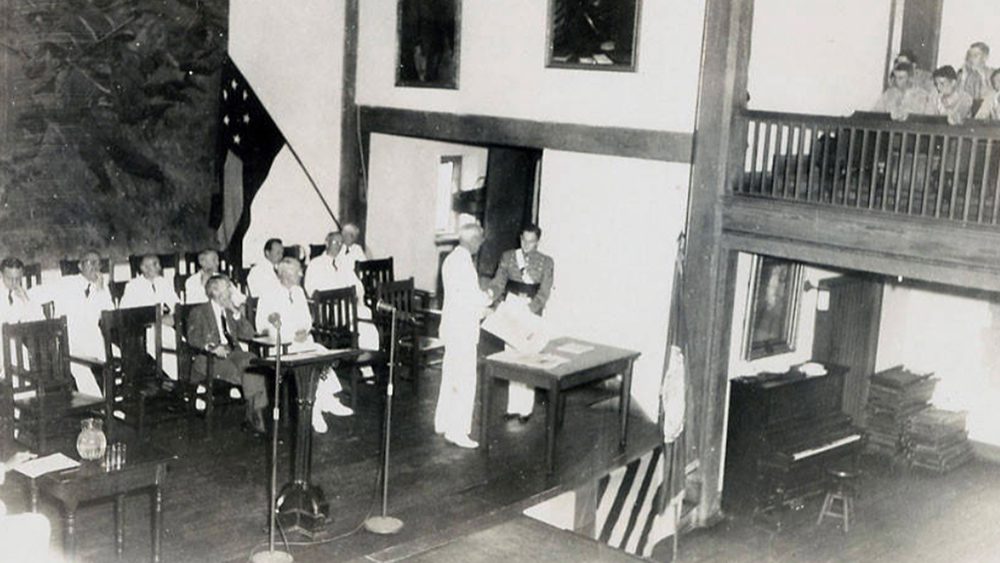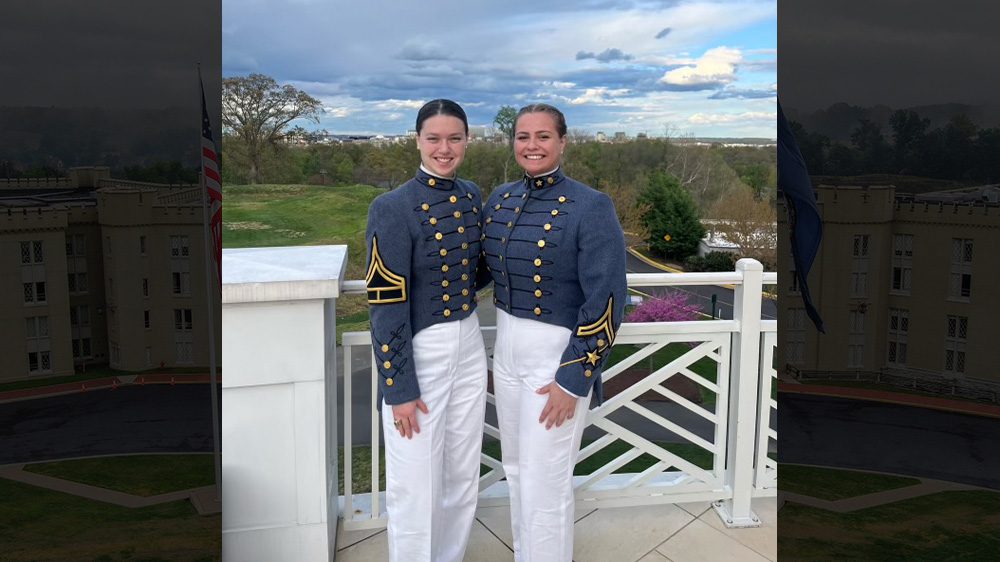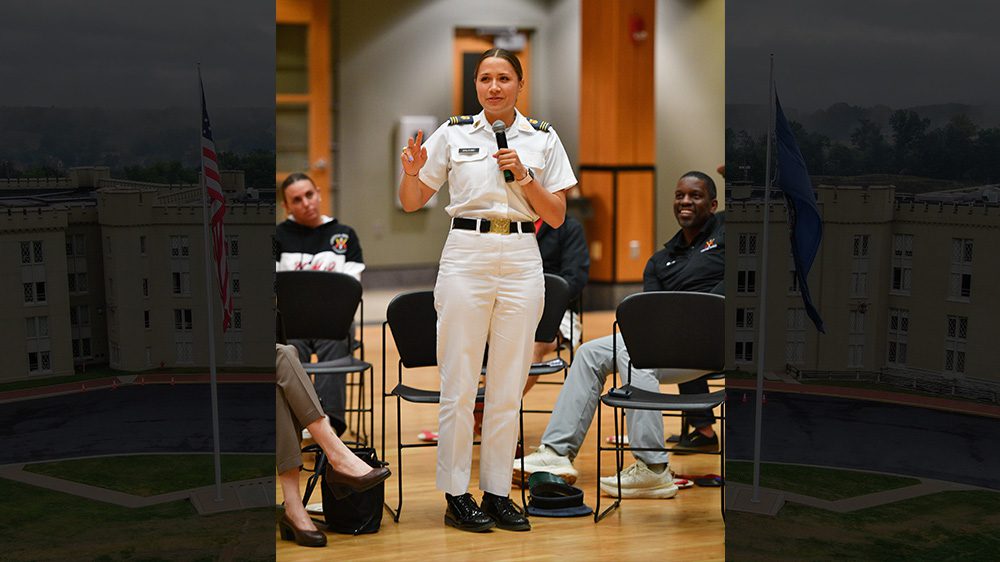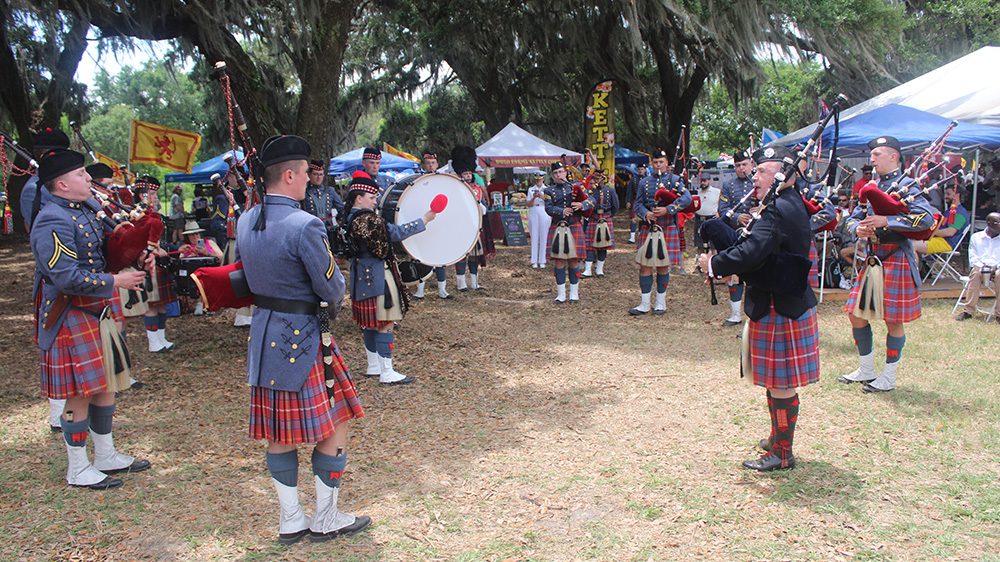College and university graduation ceremonies are now so concentrated in May that they’ve become as much a part of the month as Mother’s Day and Memorial Day – but at VMI, graduations have been held as early as February and as late as fall.
This year, of course, the coronavirus pandemic forced the traditional May 16 ceremony in Cameron Hall to be postponed. Members of the Class of 2020 have been invited to participate in the Dec. 19, 2020, graduation ceremony, which promises all the pomp and circumstance of a typical May ceremony.
But this year is hardly the first time that the Institute has had to adjust its timetable in response to outside circumstances or even cadet misbehavior.
Looking back over 181 years of Institute history, a multitude of graduation dates can be found, some as early as Feb. 5, 1944, when World War II was pulling young men overseas to military service as fast as they could be commissioned and graduated, and some as late as September, as was the case with the somewhat infamous Class of 1899.
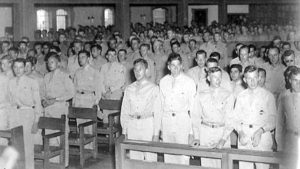
Cadets enrolled in the World War II Army Specialized Training Program graduate in July 1944 in Jackson Memorial Hall. Photo courtesy of VMI Archives.
In January of that year, explained Col. Keith Gibson ’77, director of the VMI Museum System, Brig. Gen. Scott Shipp, superintendent, dismissed the entire 1st Class, except for one cadet, because the class had set off fireworks from the roof of barracks after being specifically instructed not to do so.
“After much gnashing of teeth and mea culpas, (not to mention dozens of letters to the governor’s office) the [Board of Visitors] re-instated the wayward cadets under a number of restrictions – one of which was that they would not receive their diploma until September and then by U.S. mail – no pomp, no circumstance,” wrote Gibson in an email.
In modern times, it is traditional for the Institute to offer two graduation ceremonies – a large one in Cameron Hall in May and a smaller one in Jackson Memorial Hall in December. But even this hasn’t been set in stone forever. Most of the Class of 1944 left at graduation, May 1943, with a “Certificate of Three Year Completion” instead of the typical diploma. A few members of the class stayed to graduate either in December 1943 or February 1944. The Class of 1945 graduated July 29, 1944.
Perhaps as a result of the need to push cadets through the educational pipeline and into military service, there was a 15-month gap between the March 2, 1946, and June 11, 1947, graduation ceremonies. Later in the postwar years, graduations were held every six to seven months to accommodate the large numbers of cadets whose educations had been put on hold due to military service.
In the 1950s and 1960s, graduation dates settled back into a more predictable pattern, with ceremonies typically held in June, but the dates shifted to mid-May from 1969 on.
A mid-May graduation date would have seemed incredibly early, though, to VMI’s first graduates. The Institute’s first graduation ceremony was held July 4, 1842, and that date continued as the traditional end of the academic year throughout much of the 19th century.
The anniversary of American independence would have been seen as a fitting time to commission officers and graduate cadets, noted Gibson.
“I think a graduation on or about July 4 that existed from 1842 until 1883 was part of [Gen. Francis H.] Smith’s plan to associate and capture the patriotic moment – new ‘citizen-soldiers’ entering the field on Independence Day!” he wrote in an email.
